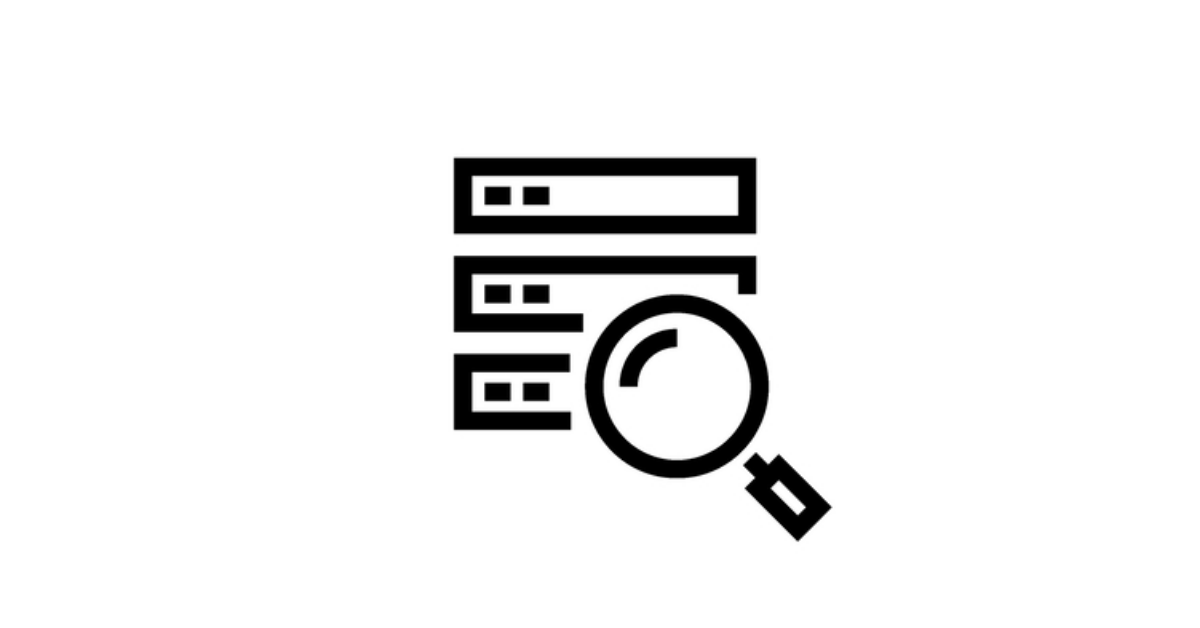How Transparency Benefits Suppliers

Why suppliers gain from better data on their markets.
-Ian Makgill, Founder, Spend Network.
Better information creates better outcomes for those bidding into a market.
Which is why incumbents have a significant advantage going into a tender: they have more information. This asymmetry of information is a particular problem in public sector markets, where the process for providing bidders with information is heavily regulated.
Information asymmetry is a problem for both buyers and suppliers. Buyers can sometimes invite bids for contracts that aren’t fully explained, whilst suppliers try to sway a market by obfuscating information. The complex conditional pricing that is a feature of “Enterprise Software” is a good example of this.
Transparency starts to cut through this inefficiency, we get to know how much a supplier was paid, what they were paid for and maybe even how well they performed in a contract. With the right information, you can even show the differential between the estimated and the actual value of a contract. High-quality information can be used by rival suppliers to identify market opportunities and to increase a market’s efficiency.
Unless you’re an incumbent supplier, who would rather not have their performance examined, more information is a good thing, it helps you to compete, it drives innovation and creates new opportunities.
Spend Network aren’t committed to increased transparency for the sake of it, we believe in transparency because we think that public markets will improve because of it. If you’d like to know more about our work and how we can help you, get in touch.
Footnote:
If you’d like to read more about information asymmetry, it is worth catching up on the work of George A. Akerlof, Joseph E. Stiglitz and A. Michael Spence who were awarded the Nobel Prize for Economics, for their “advances in analysing markets and the control of information.”
Their thesis promotes the idea that for a market to function at peak efficiency, participants should have ‘perfect’ information. Akerlof, Stiglitz and Spence were able to show that a lack of information had a chilling effect on a market. Akerlof demonstrated this effect in a very readable paper on the used car market called the Market for Lemons.
If you would like to do more business with governments, get in touch.



